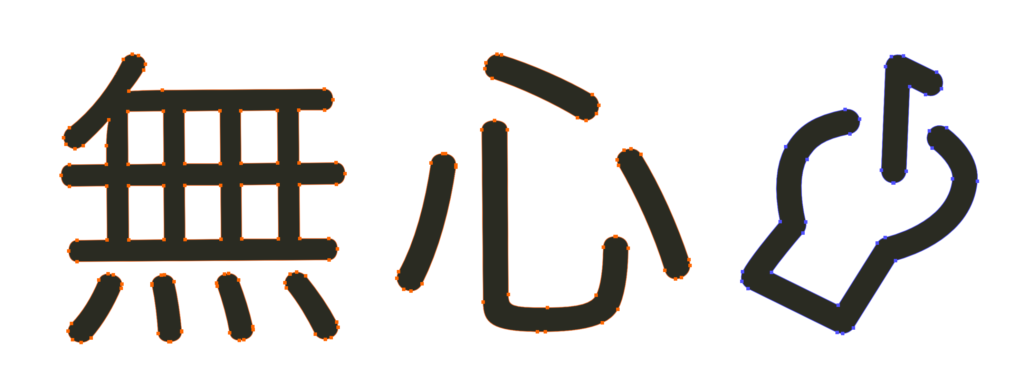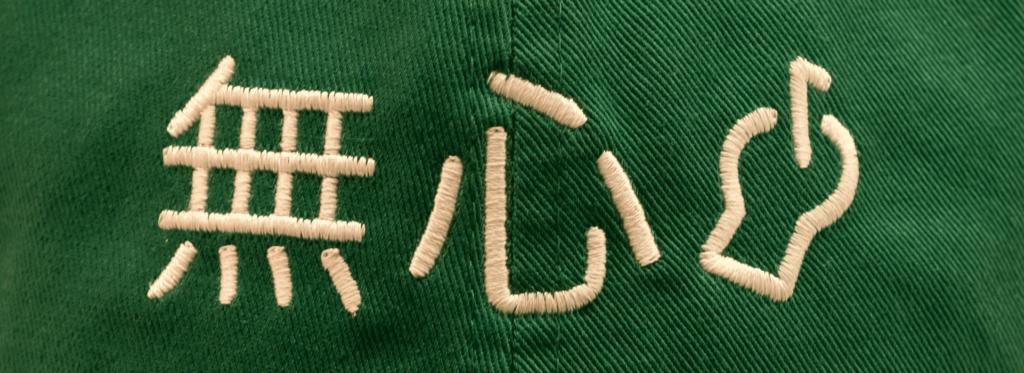Attachment leads to suffering. Or so they say. They often being golfers.
A ball at rest of the deck of a driving range has little in attachment. Our brain knows we won’t have to go after it, so our swing knows as well. Our emotions know the result won’t be committed to the scorecard, so our swing knows as well.
Hardly surprising that the result at the range and the result in the game can be so different. When there’s a score at stake, when there’s a forced carry to clear, when there’s a postage stamp green to hold , or a three-club wind to best, or a clutch of skins to push, attachment accumulates.
A detached swing has always felt like a great goal. Not just a psychological one, but a psychological one as well. Most golfers agree the best swing is one that occurs without mind–without conscious, mechanical guidance.
After being challenged to boil all of this down to a hat logo by a pal, I stalled. “Detachment” is a lot of letters, and didn’t lend itself to anything graphically fruitful.
Not only that, but the word in English leaves a lot out. Doesn’t really get to the heart of the Zen concept, or how it might click in golf. Hardly surprising that the languages of the birthplace of Zen (China and Japan, among others) do have a precise word for it: Wuxin (無心).


If you care to, read the wikipedia article, which concerns itself primarily with the concept in the context of martial arts, and tell me it doesn’t describe the ideal state of mind for golf.
